Residential solar system installation has recently increased as solar technology becomes more affordable and accessible.
Solar power has many benefits, including reducing your carbon footprint and reliance on non-renewable energy sources. It can also provide long-term savings on electricity costs.
If you are looking into solar panels for the home, then you’re in luck! This article will outline the home’s top advantages and disadvantages of solar panel installation.
3 Advantages of a Solar Energy System For Your Home
Solar installation can come with a lot of benefits for homeowners:
1. Financial savings on electricity bills
It might seem like a significant investment upfront, but installing a solar panel system on your property can save you money in the long run.
Solar energy is a free power source, meaning that once your panels are installed and operational, you won’t have to pay for electricity from traditional sources.
The Solar Energy Industries Association stated that the average solar panel cost dropped more than 60% over the past decade.
Many utility companies will even buy your panels’ excess solar energy, providing additional savings or income.
Besides financial benefits, using solar energy also helps reduce carbon emissions and decrease our reliance on finite resources.
So while there may be initial costs associated with setting up a solar panel system, the long-term returns make it a wise investment for your wallet and the environment.
2. Money Generating Investment and Asset
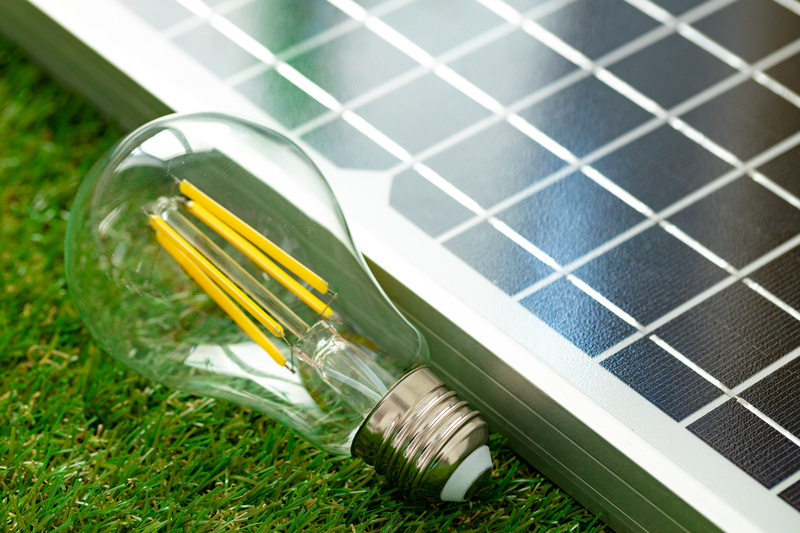
When you install solar panels, the value of your home increases. Solar panels can also be an investment for your property, potentially bringing in more money when it comes to selling.
Additionally, some states offer solar renewable energy certificates (SRECs) for solar panel owners. These certificates can be sold to utilities or companies looking to meet their renewable energy goals, providing an additional source of income for solar panel owners.
For instance, the solar investment tax credit offers a federal solar tax credit for solar panel installation, further reducing the cost of solar energy systems and making them a smart financial investment.
3. Improved property value
Along with increasing the overall value of your home, rooftop solar panels can also make it a more attractive option on the market.
Many homeowners are looking for eco-friendly features in their properties, and solar panels can provide that added value.
Additionally, having a solar power system installed within your home can give you added peace of mind in the event of power outages or natural disasters, as solar energy can provide a reliable source of electricity.
3 Disadvantages of Installing Solar Panels For Your Home
While residential solar panels come with many benefits, there are also some disadvantages to consider before installation:
1. Initial cost
As mentioned, solar panel installation can come with a high initial cost.
Solar panels cost, on average, between $10,000 to $20,000 before factoring in additional costs such as installation fees and solar inverters.
However, as solar technology continues to develop and become more affordable, the cost of solar panels has steadily decreased.
A solar loan is one of the options for financing solar panel installation, allowing you to spread out the cost over time.
2. Limited solar energy production
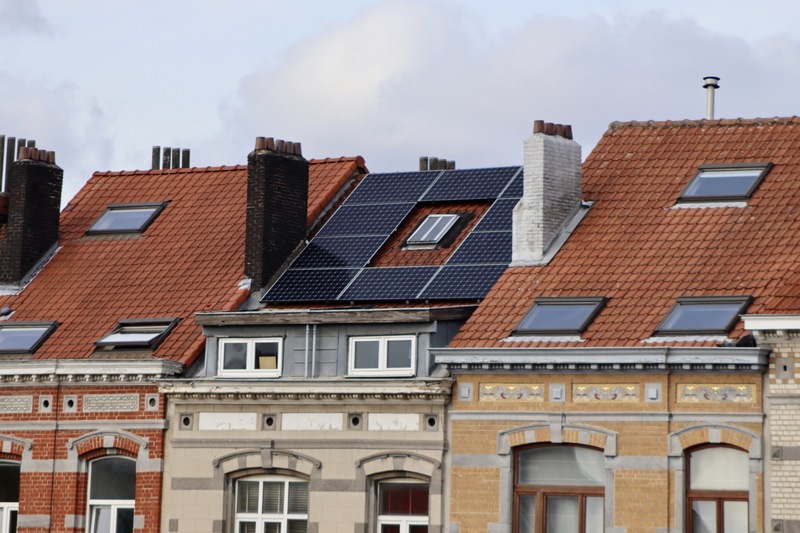
One disadvantage of solar energy is that it depends on natural sunlight and can only generate power during the day.
Home solar panels may not be as effective in producing enough solar energy in areas with cloud coverage or limited sun exposure.
However, advancements in solar panel technology have made solar panels more efficient and able to generate power even on cloudy days.
3. Limited space
Another potential downside is that solar panel installation requires a significant amount of roof or land space. This may not be a practical option for those with smaller properties or apartment or condo dwellers.
However, solar panel options are available for smaller spaces, such as solar shingles and solar panels that can be mounted on walls or awnings.
Solar installers can also assess your property to determine the best solar panel system for your space and energy needs.
How To Determine If Your Home Is Suitable For Solar Panels
Whether you want to save money or get solar tax credits, you must determine if solar panels are suitable for your home before installation.
Here are some factors to consider:
- The age and condition of your roof: Since solar panels are often installed on a home’s roof, it is essential to ensure the roof is in good condition and can support solar panel installation.
- Amount of sunlight exposure: Assess the amount of sunlight your property receives daily to determine if solar panels will effectively generate energy.
- The orientation and pitch of your roof: Do you have a south-facing roof that is ideally angled for solar panels? This can significantly increase solar energy production.
- Your energy usage: Evaluate your energy consumption to determine the size and number of solar panels needed to meet your needs. Consulting with a solar installer can also help determine if solar panel installation suits your home and energy usage.
- Any potential shading on your roof or property: Trees or taller buildings nearby can shade your roof and decrease solar panel efficiency.
Conclusion
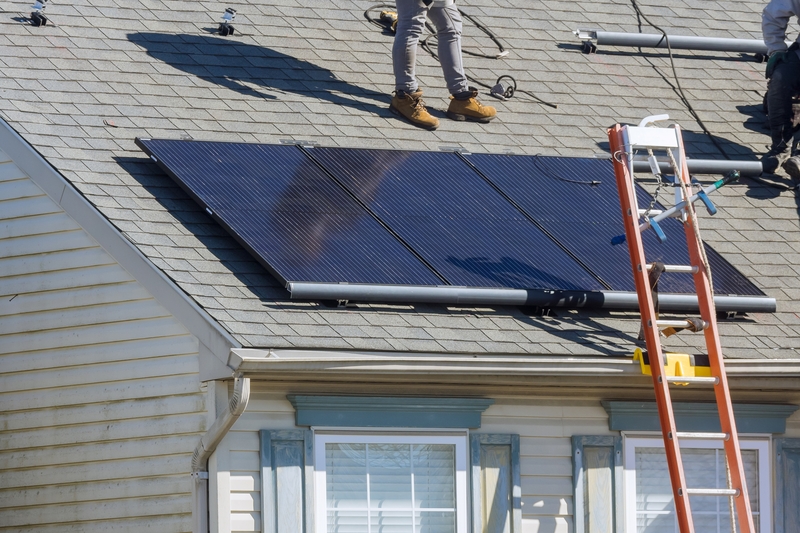
Consider solar electricity if you’re looking for a renewable and eco-friendly way to power your home. Solar energy is sustainable and can be used repeatedly without damaging the environment.
Solar energy also helps reduce our reliance on fossil fuels, contributing to climate change.
So what are you waiting for? Start researching solar energy today and see if it’s the right choice for powering your home.

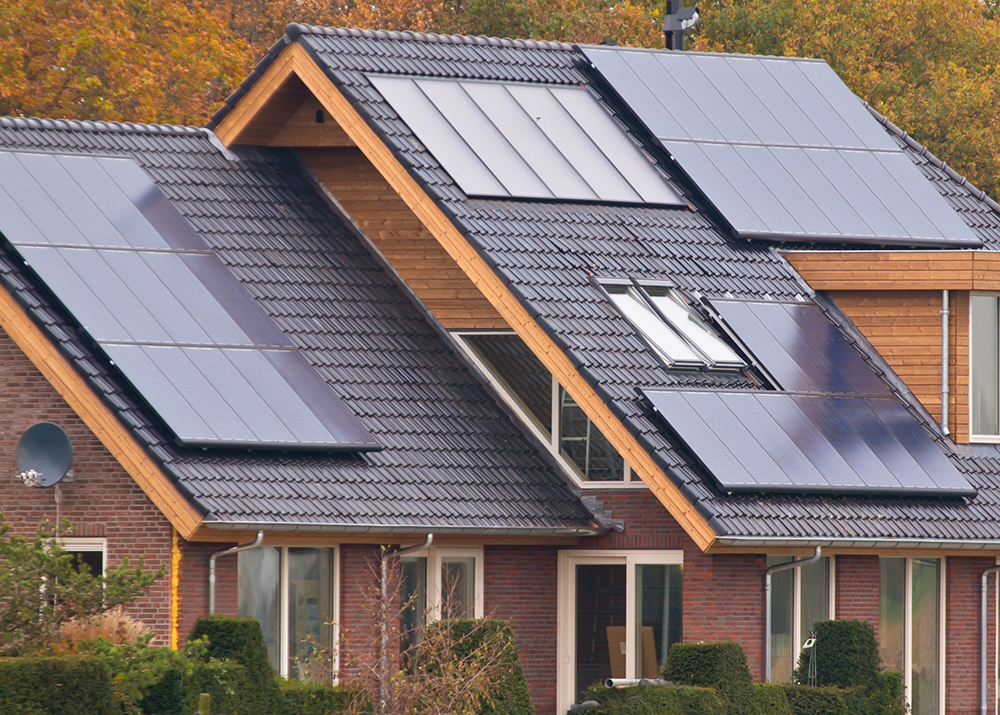
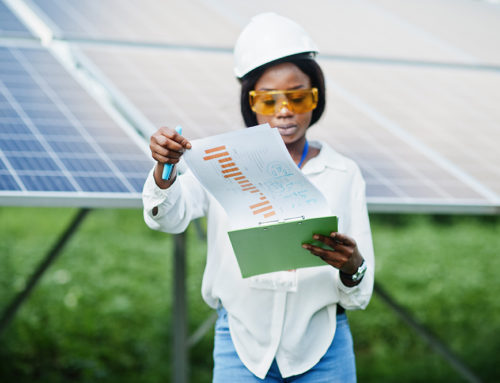
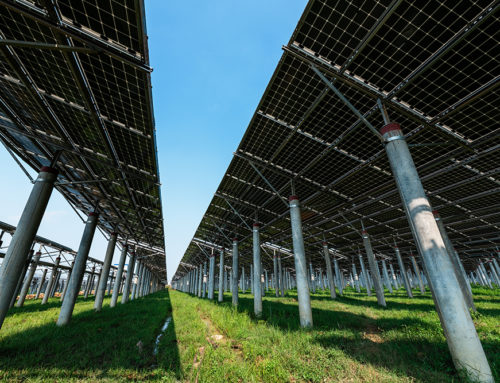



Leave A Comment